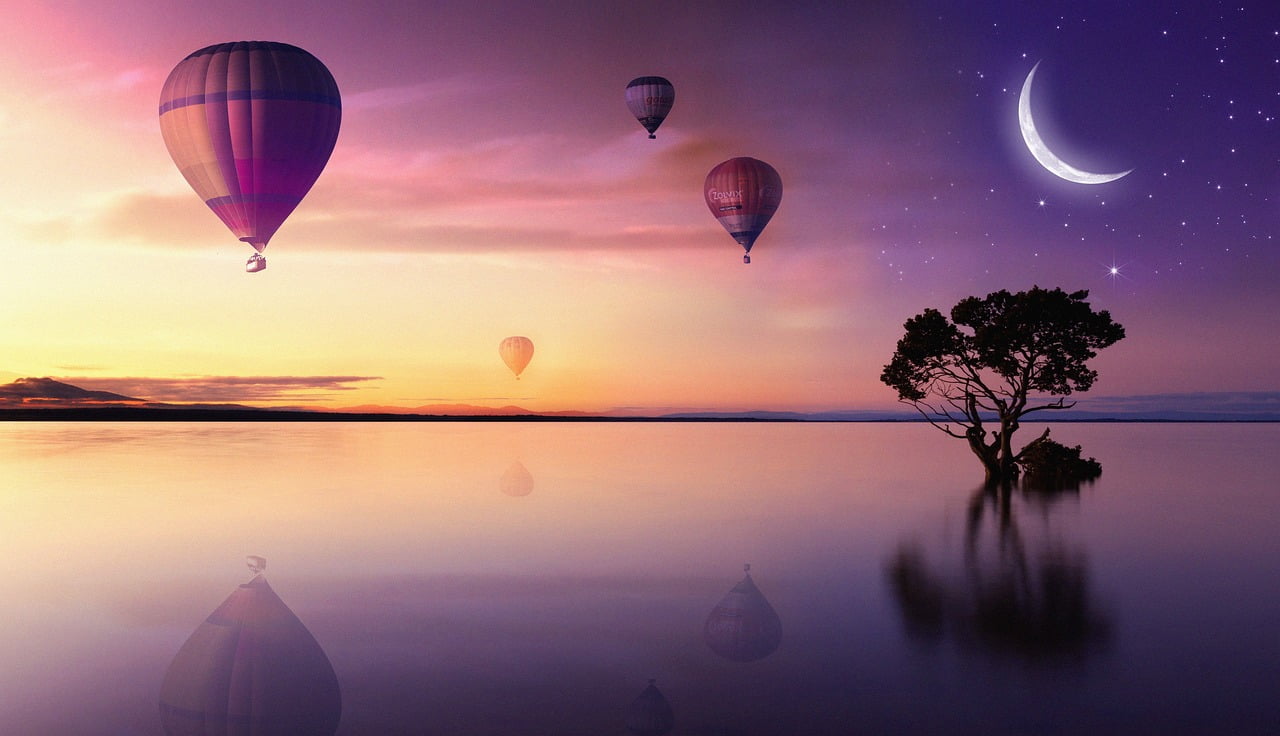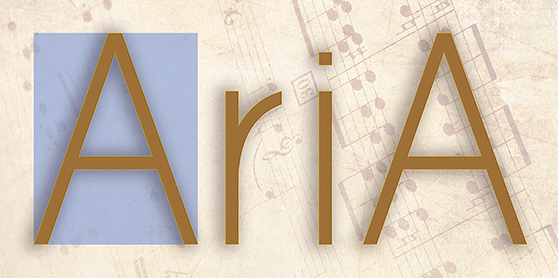Have you ever had that feeling when you think you have seen or experienced a certain situation before? It's called déjà vu, but what is déjà vu? And if you want to know more about it, read this article!
It has happened to everyone at least once in their lives: the feeling that you are experiencing something you have already experienced. Technically, this is called "déjà vu", a French expression that literally means "something you've already seen". In fact, it feels like something has already happened. Sometimes it is a moment, a split second, but the feeling is very strong and seems very real. But what is it and why does the feeling arise?
What is déjà vu? The impact of this phenomenon on life
You're driving with your parents in the car and you're talking about something: Do you feel like you've already lived the scene that's happening at that very moment? This is déjà vu! You arrive in a new place and you feel like you've already been there? Deja vu! Déjà vu is nothing other than the feeling that what is happening has already happened. Usually this state doesn't last long, it's a brief moment, like a fleeting sensation, so over time some people have been tempted to associate déjà vu with something magical or mystical. But, what is déjà vu? And why does it occur
Deja vu: a prophecy or a past life?
Over time, many unscientific interpretations have been given to this phenomenon. It is the property of déjà vu, that is, the feeling of 'having already seen', that allows it to be given a kind of supernaturalness, as if it were an unearthly event.
Some hypotheses also claim that déjà vu may be a form of foresight or clairvoyance, and that therefore those who experience it somehow have the ability to foresee facts. But science has proven that this is not the case! Then, What is déjà vu?
Déjà vu according to science...
The term 'déjà vu' was coined by the French psychologist Émile Buarac, who first mentioned it in the early 20th century in his book L'Avenir des Sciences Psychiques (The Future of the Psychical Sciences). Since then, the phenomenon has been studied many times, eventually leading to the conclusion that it is an anomaly of our memory. In practice, déjà vu is nothing short of a paramnesia event.
Until recently, déjà vu was considered a psychiatric phenomenon associated with cases of altered memories.
According to this interpretation, when random events associated with things, animals or people come into contact with our memories, they cause us to feel as if we have had a similar experience before: as if memories are being mixed!
Others, on the contrary, argue that deja vu is a consequence of dreams that are forgotten before waking up, but nevertheless leave some trace ready to resurface at the right moment.
But that's not all: in 2016, a team of scientists led by Dr Akira O'Connor came up with a theory that many insiders believe has finally solved the mystery of this special and fascinating mind phenomenon.
According to a study also reported by the respected New Scientist magazine, déjà vu is nothing more than an effect caused by our brain intending to "check" the state of our memory, much like an anti-virus that scans data and checks to see if everything is OK.
In practice, the feeling that we have already experienced a moment is a sign that the brain has detected an error, a contrast between what we have actually seen and what we only think we have experienced.

Deja vu and anxiety
But déjà vu has a downside: in some cases, it can be associated with mental disorders such as schizophrenia or, more banally, with anxiety: people who often suffer from anxiety experience déjà vu frequently, especially in the presence of panic attacks.
Scholars have listed several other phenomena related to déjà vu, such as déjà rakvé, i.e. the experience of experiencing what one has dreamt; déjà vécu, the experience of experiencing what one has experienced (very similar, in fact, to deja vu); presque vu, almost a vision that can be traced to the sensation of something at the tip of the tongue. The list can be continued with other similar phenomena: déjà visité (visited), senti (felt, on a physical and/or mental level) and éprouvé (already felt).
Finally, another phenomenon that may interest you is what psychologists call "esprit de l'escalier": when, after discussing something, you mentally rethink what you have heard and come up with alternative, perhaps better, solutions.
So, what is déjà vu? - It is an event that has nothing to do with premonition or magic, but is a brain phenomenon associated with memory! Which of course is also fascinating and astonishing, bordering on the supernatural, the structure of our brain will puzzle our scientists more than once. It is all the more offensive when many people use this perfect tool only to consume, cheat, kill, betray.



 and then
and then 
